What is Expense Tracking? How Will it Help Your Business?
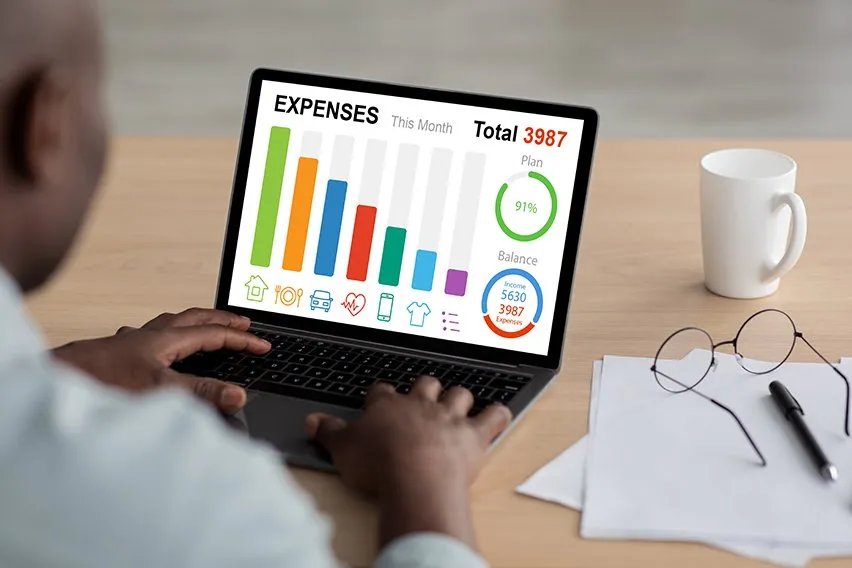
Expense tracking is important in creating a budget for your small business. Keeping a daily record of your expenses by tracking receipts, invoices, and other outgoing expenses improves the financial health of your budget. Tracking expenses can help you stay on top of your cash flow and prepare you for tax season.
Key Takeaways
- Expense tracking helps you take control of your finances and stay on budget
- You can organize your expenses into categories like fixed, periodic, and variable spending
- It’s helpful to regularly review your expense tracking on a per-project or time-frame system
- Creating a budget and tracking your expenses are key to spending in a way that grows your business
- Accounting software like an expense tracker app makes it easy to manage your expenses as you go
Here we will cover:
- What Is Expense Tracking?
- How will Tracking Expenses Help your Business?
- Elements of a Budgeting Process
- How Do You Track Expenses?
- Conclusion
- Frequently Asked Questions

What Is Expense Tracking?
Expense tracking means recording all your expenditures so you have a clear and detailed understanding of your budget. This is typically done for a certain project or over a certain period, so you can stay on budget and make any necessary adjustments.
For many small businesses, expense tracking may include fixed expenses like rent and utilities as well as fluctuating costs like labor, product orders, and advertising. Organizing these diverse expense types can be challenging, particularly when some occur regularly while others are variable. A customizable expense report template provides the structure needed to capture all these different categories consistently. It’s especially important to record one-time and variable costs, as these aren’t always accounted for in the initial budget.
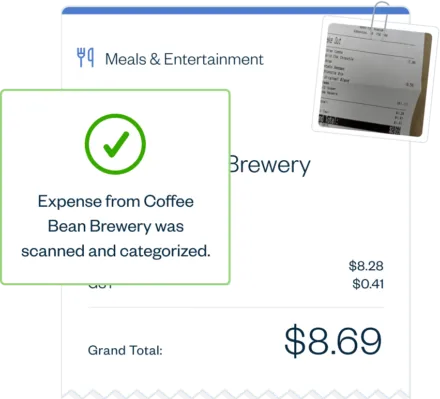
How will Tracking Expenses Help your Business?
Expense tracking helps your business by allowing you to identify and manage spending in an efficient time frame. It’s essential to be aware of your business’s cash flows so you can note any areas of excessive or inefficient spending. When you track your expenses, you can catch these before they get out of hand.
1. Helps you Take Control of Your Finances
Knowing how and when you spend is key to controlling your finances. When you record your expenses, it’s easier to note any spending that doesn’t fit your goals so you can manage your future spending to grow your business.
2. Gives you a Time Frame to Manage Your Finances
Expense tracking isn’t just for knowing where your money goes — it’s for adjusting your spending promptly to suit changing business needs. When you record your expenses within a certain time frame, it’s easy to review your spending and decide what to keep and cut.
3. Tracking Your Expenses Makes You a Better Money Manager
As a business owner, staying on top of your monthly budget is crucial to success. There is no better way to manage your budget and know where your money is going than expense tracking.
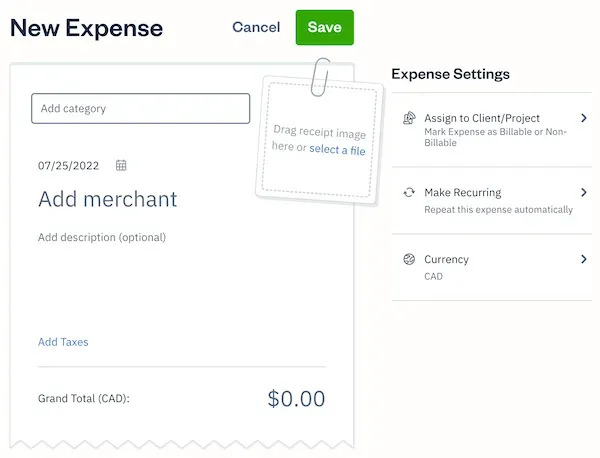
Recording your expenses daily can ensure that you are financially aware all year long and not just during tax season. Knowing where your money is going and how much you’re spending can improve your spending habits. Plus, you’ll better understand where you can allocate money to positively impact your bottom line.
4. Expense Tracking Prepares You for Tax Season
Tax season is a stressful time for everyone, especially business owners.
Keeping a daily record of your expenses will help you avoid digging through shoeboxes, your car, and pockets for receipts. Knowing what expenses are tax deductible can make sure you’re not losing out on any money.
Deductible expenses include:
- Business meals
- Telephone and internet expenses
- Travel expenses to attend client meetings
- Office supplies
- Bank fees and interest
- Education
- Home office expenses
- And a whole lot more. Find out what else you can claim on your taxes at Bench.co.
5. Give Your Employees Money Back with Expense Tracking
Small business employees spend money on travel expenses, meals, and other purposes associated with business operations.
Having a best practice for expense tracking and reporting employee spending will help business owners efficiently reimburse their employees in a timely manner. Expense tracking gives you a better idea of your business’s operating costs. Plus, you’ll keep your team happy by reimbursing them their money.Not sure where to start with employee expense tracking? A budgeting app like FreshBooks’ mileage tracker app can help you and your employees track expenses on the job. Click here to begin recording your miles with a free trial.
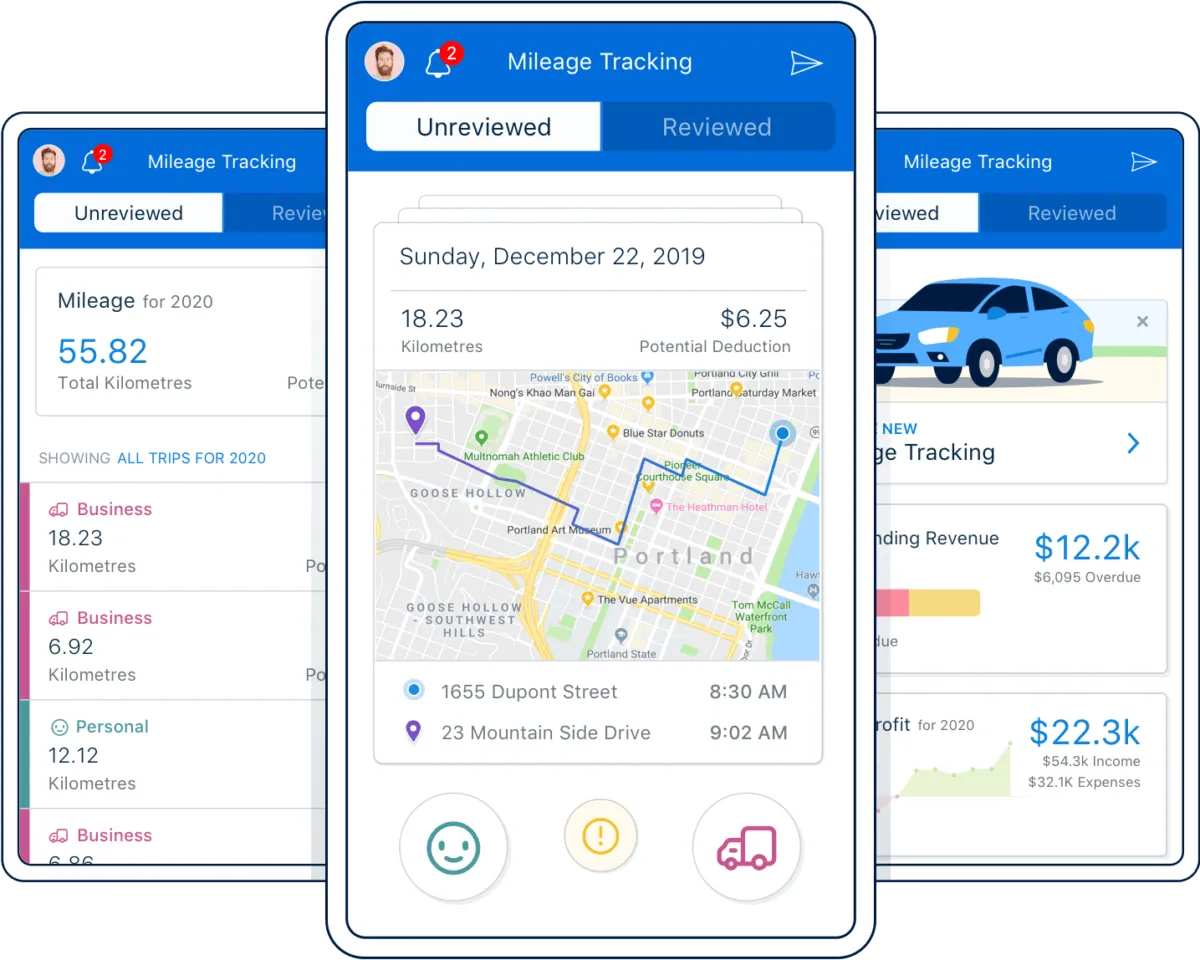
6. Become Aware of Poor Spending Habits
Industries can change quickly, and it’s easy for old expenses and practices to become obsolete. Expense tracking gives you an easy way to record and understand all of your spendings and review it in a timely manner.
Tracking your spending helps you identify any expenses that might be unnecessary or excessive. It also gives you a time frame for this review, so you can cut unhelpful spending practices before they become too costly.
7. Expense Tracking Makes Business Forecasting Easier
When you record your expenses, it’s much easier to calculate the profitability of your business. The equation is simple: revenue minus expenses.
You can offer potential investors a better idea of your company’s profitability by offering them a better idea of how your business is doing. You don’t have to make an educated guess about your finances when you’re tracking your expenses. You can offer stakeholders a clear picture of your business forecast and strategy with up-to-date expense tracking.
Elements of a Budget Process
The better you understand the elements of your budget, the better you can stay on top of your financial health. A budget helps you see where your money is going, makes it easier to target problem areas, helps you pivot when necessary, and helps you reach your financial goals.
Let’s get started by understanding the basic elements of a financial budget.
1. Income Source
Where is your money coming from?
Knowing all your incoming revenue sources is a great first step in successful money management. Start with your sales figures and then factor in other sources of income that you are using to run your business.
2. Fixed Costs
What costs are you paying every month?
Creating expense reports for regular monthly costs like bills and subscription costs is often the easiest part of creating your business budget. These fixed costs are usually the same price every month and can be easily added to your operating plan.
3. Variable Expenses
What are some costs that you can adjust as you go?
Variable costs are items that don’t have a fixed monthly price. Often these purchases can be scaled up and down to work with your monthly operating budget. Depending on your profitability, you can scale up or down with these purchases as you see fit.
4. One-Time Purchases
Do you have the money for an unexpected purchase?
After you have factored in all your income sources and fixed and variable costs, you can see what you have available for one-time purchases.
Leaving breathing room in your budget can help you enjoy perks like taking an educational course to improve your business knowledge or prepare you for unexpected costs like replacing equipment that might have broken down.

How Do You Track Expenses?
As you know by now, tracking your business expenses is essential to the success of your business. Whether you’re preparing for tax season or trying to get a better idea of where your money is going, daily tracking is beneficial to your business. Here are a few steps to get you started on tracking your expenses.
1. Track your Expenses Regularly
Part of what makes expense tracking so helpful is that it encourages you to regularly review your spending. Whether you choose to track by the project or within a given time period, set yourself regular times to go over your expense tracking so you can make any adjustments in an efficient time frame.
2. Categorize your Expenses
Keep your expense tracking organized by dividing your expenses into different categories based on your business needs. You may choose to categorize based on fixed, variable, and one-time expenses, or you may use another method like necessary expenses and preferred or flexible spending.
3. Open a Bank Account
Keep your life simple by separating your business income and expenses from your personal finances. Muddling the two could be disastrous for the financial health of your business operations and complicate your personal finances too.
4. Consider a Cloud-Based Software
Cloud-based accounting software programs streamline your business’ finances and make it much easier to track your expenses. You can track your expenses from anywhere at any time with cloud-based software and expense tracker apps. Plus, it makes it much easier to manage your accounts receivable and payable and payroll.
Tracking your expenses is easier than ever with FreshBooks’ expense and receipt tracking software. Keep all of your receipts and expenses organized in one straightforward system, so you can add, check, and file anytime you need. Click here to get started.
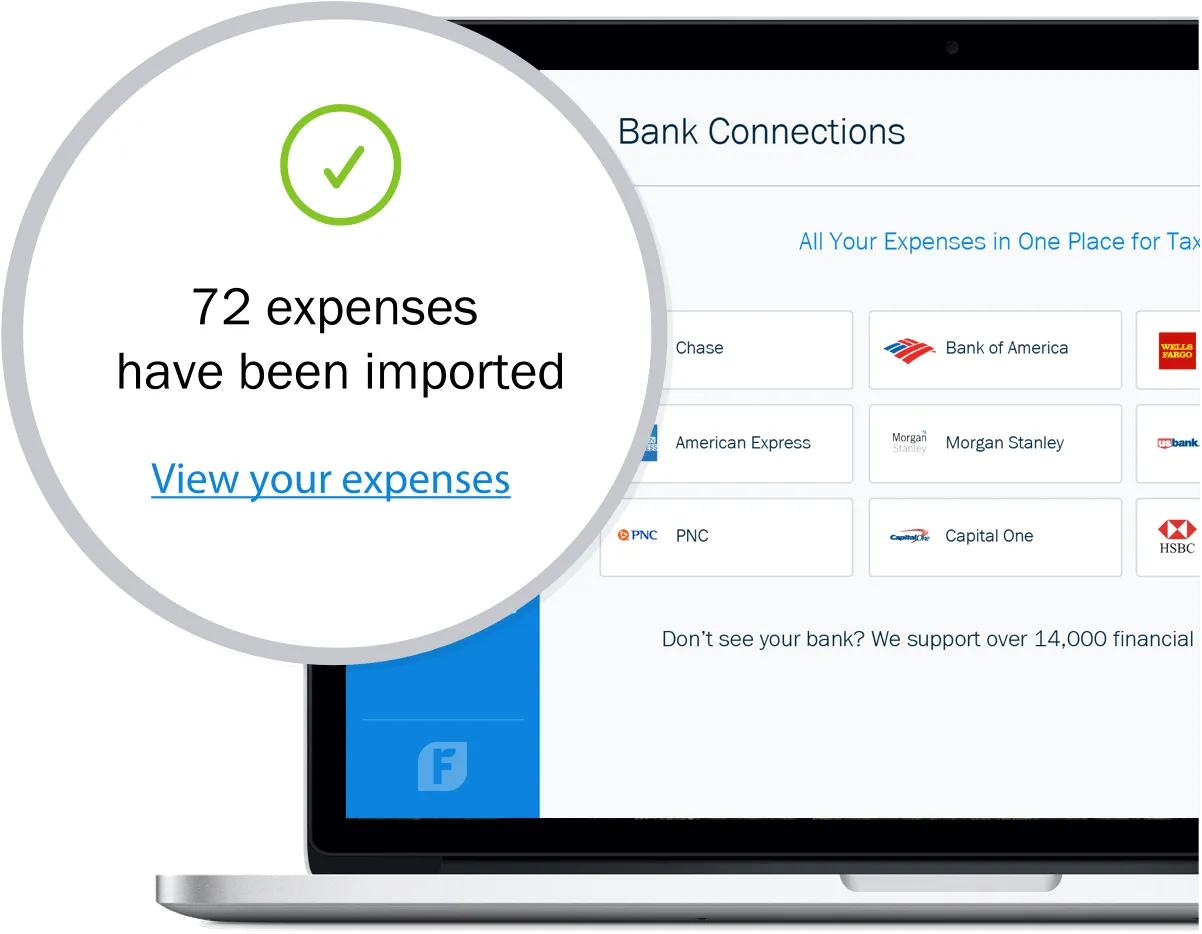
5. Save Your Receipts
Save time and ease your mind during tax season by keeping your receipts.
Using one credit or debit card for your business-related purchases will help streamline your expensing tracking. There are also convenient features on accounting apps and software that let you take pictures of your receipts to store them on the cloud. For more information on these apps, explore our post on the best receipt scanning apps to find the right receipt management solution for your needs.
6. Know What’s Tax Deductible
When you know what’s deductible, it is easier to know what type of expenses to attract. Consult with an accountant to get a complete list of tax-deductible business expenses.
Managing your expenses is easier when you know where time is being spent. Keep track of your and your employees’ time sheets and discover which clients and projects are taking the greatest time.
Conclusion
Expense tracking is a helpful practice for managing your business spending. By recording and reviewing your spending on a regular basis, you can identify any excess expenses, stay in line with your business goals, and be well prepared for tax season.
There are multiple ways to organize your expense tracking–you might choose to categorize your spending into fixed and variable expenses or divide it into essential and flexible spending. You can also track your expenses by project or by time period. Both systems encourage you to review your spending regularly, so you always know when and how your money is spent. Additionally, there are various tools available that can track your business expenses automatically. We have compiled a list of top business expense tracking apps that will help you manage your expenses with just one click.
Beyond business expenses, keeping a close eye on personal finances is key to financial success. Learn more about effective tools and practices with the personal finance software.
FAQs on What is Expense Tracking
What should be included in expense tracking?
Your expense tracking should include the date of the expense, the total amount, the category of the expense, who it was paid to, and what it was used for. You may also choose to add details like any taxes and gratuities under the total amount. If you need further clarification, please refer to our post on how to make an expense report for a complete step-by-step walkthrough.
What happens if you don’t keep track of your expenses?
Not tracking expenses makes it much harder to know if you’ve gone over budget. Expense tracking alerts you if you’re running close to budget and helps you see where you can cut expenses to become more efficient.
What are the three types of expenses?
The three main expense types are fixed, periodic, and variable. Fixed expenses are costs that stay predictable and consistent. Period expenses are generally predictable and semi-regular but come less often than fixed costs. Variable expenses change and don’t come at a fixed date.
How often should you track your expenses?
There are several options for how often you should track your expenses. You may choose a set time frame like monthly or quarterly tracking, or you may find it more efficient to track your expenses on a per-project basis.
What is considered unnecessary expenses?
What is considered unnecessary spending depends on the type and location of your business. However, anything that is generally inefficient or doesn’t actively contribute to business growth may be unnecessary. This could include office space, unused technologies, or ineffective advertising.
Reviewed by
Jami Gong is a Chartered Professional Account and Financial System Consultant. She holds a Masters Degree in Professional Accounting from the University of New South Wales. Her areas of expertise include accounting system and enterprise resource planning implementations, as well as accounting business process improvement and workflow design. Jami has collaborated with clients large and small in the technology, financial, and post-secondary fields.
RELATED ARTICLES


 Accounting and Finance: Why Is It Important to Your Business?
Accounting and Finance: Why Is It Important to Your Business? What Is an Unfavorable Variance and How to Avoid It?
What Is an Unfavorable Variance and How to Avoid It?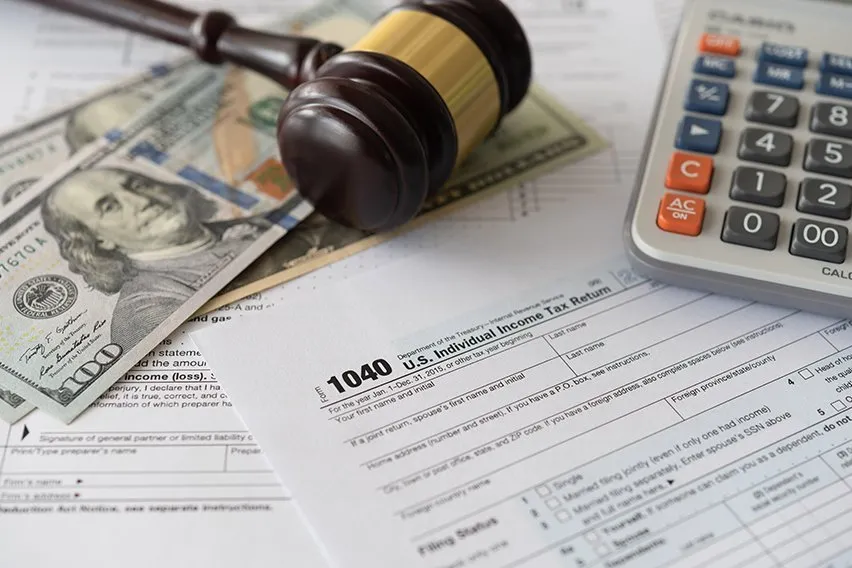 Are Retained Earnings Taxed for Small Businesses?
Are Retained Earnings Taxed for Small Businesses? Bookkeeping For Freelancers: A Beginner’s Guide
Bookkeeping For Freelancers: A Beginner’s Guide How to Manage Loan Repayment Account Entry
How to Manage Loan Repayment Account Entry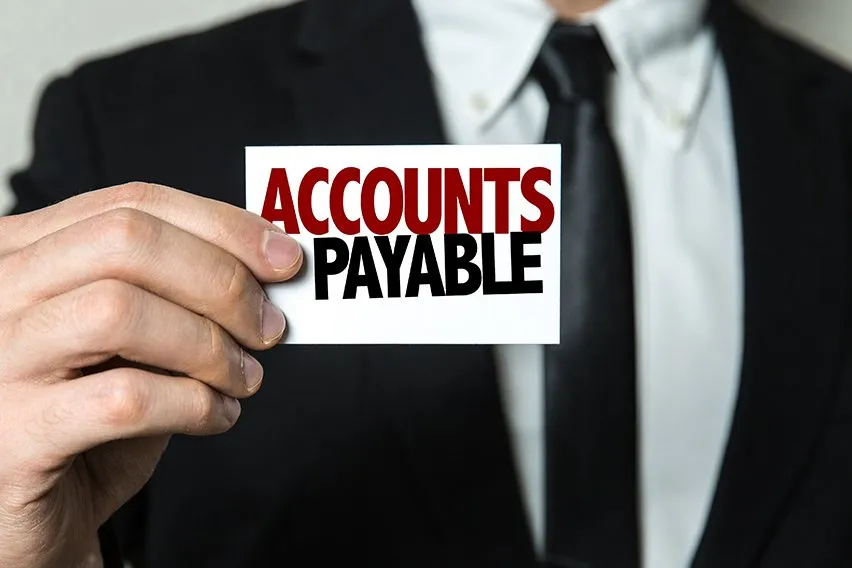 How to Audit Accounts Payable in Your Small Business
How to Audit Accounts Payable in Your Small Business